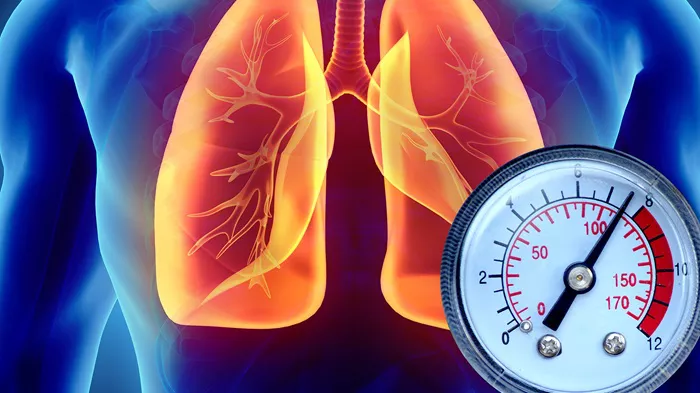The Britannia P&I Club has released a new edition of “Risk Watch,” focusing on best practices for seafarers living with hypertension.
What Is Hypertension?
Hypertension, or high blood pressure, occurs when the force of circulating blood against the walls of blood vessels remains consistently high. According to the World Health Organization (WHO):
Approximately 1.28 billion adults aged 30 to 79 worldwide have hypertension.
Nearly 46% of adults with hypertension are unaware of their condition.
Only 21% of those with hypertension have it under control.
Several factors can contribute to hypertension, including diet, stress, genetics, age, and a lack of physical activity. If left undiagnosed or poorly managed, hypertension can lead to serious health issues, such as:
- Heart attacks
- Strokes
- Heart failure
- Peripheral arterial disease
- Aortic aneurysms
- Kidney disease
Vascular dementia, which is caused by reduced blood flow to the brain
Given these risks, it is crucial for seafarers to manage their health effectively while at sea.
Recommendations for Hypertensive Seafarers
1. Take Prescribed Medications
Seafarers should ensure they have enough medication for the duration of their contract and take it daily as directed by their doctor. Setting a daily alarm can serve as a helpful reminder. It’s important to continue taking medication even if blood pressure appears normal, as this indicates the treatment is effective.
2. Health and Lifestyle Choices
Maintaining a healthy lifestyle is vital for all seafarers, especially those managing high blood pressure. Key recommendations include:
Avoid Tobacco: Smoking raises blood pressure and damages blood vessels.
Eat a Healthy Diet: Limit sodium intake and focus on fruits, vegetables, whole grains, and low-fat dairy. Reduce saturated fats, cholesterol, and added sugars.
Exercise Regularly: Aim for at least 30 minutes of moderate aerobic exercise most days.
Maintain a Healthy Weight: Weight loss can significantly lower blood pressure in overweight individuals.
Limit Alcohol: Men should consume no more than two drinks per day, while women should limit intake to one drink per day.
3. Monitor Blood Pressure Regularly
Seafarers should check their blood pressure regularly, ideally once a month or as directed by a doctor. Here are tips for accurate measurement:
Before Measurement: Avoid exercise, eating, or taking medication for 30 minutes. Do not consume caffeine or smoke during this period. Empty your bladder and rest for five minutes.
During Measurement: Sit quietly with both feet flat on the ground and your back supported. Use a properly fitting cuff and take two readings one to two minutes apart.
Recognizing Worsening Hypertension
Uncontrolled hypertension can lead to life-threatening conditions, including heart attacks and strokes. Warning signs to watch for include:
- Chest pain
- Shortness of breath
- Severe headache
- Confusion
- Blurred vision
- Nausea and vomiting
Seafarers should contact their telemedical provider immediately if their blood pressure remains high or if they experience any of these symptoms. Early intervention is crucial to prevent serious complications.
Conclusion
Managing hypertension is essential for seafarers to maintain their health and well-being while at sea. By following prescribed treatment plans, adopting a healthy lifestyle, and monitoring their blood pressure regularly, seafarers can significantly reduce their risk of serious health issues related to hypertension.


